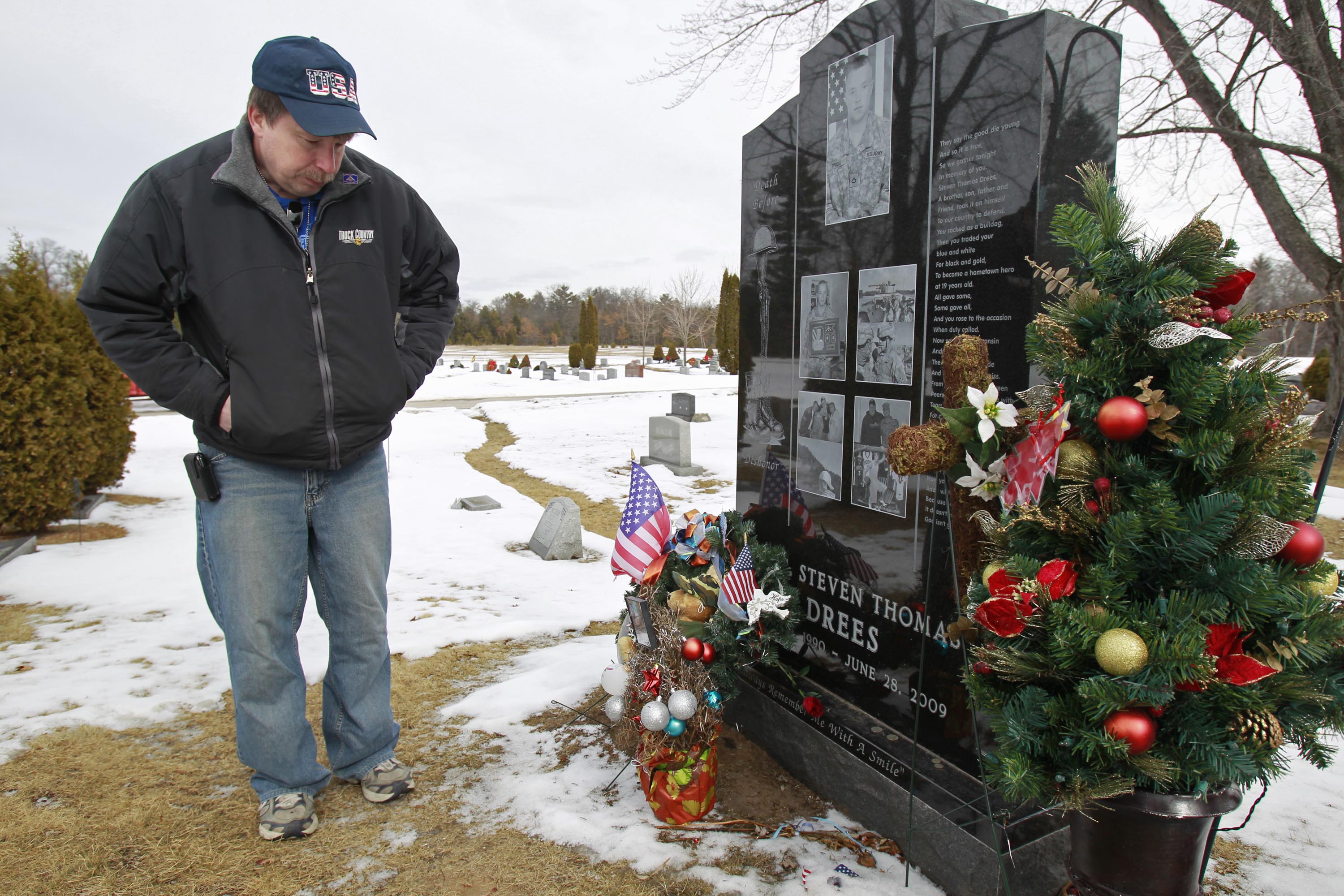
When 19-year-old Army Pvt. Steven Drees suffered a head wound in a firefight in Afghanistan he was flown to Landstuhl Regional Medical Center in Germany, the first stop for wounded U.S. service members returning home from Iraq and Afghanistan. Though doctors worked to save him, Drees' wounds were fatal and after his parents and twin brother traveled from their small Wisconsin town to say goodbye, Drees' wish to be an organ donor was granted.
Organ donation in Germany is the lowest among all countries participating in the European organ system. Even though more than 12,000 Germans are on waiting lists for organs, many of Germany's doctors do not cooperate with Deutsche Stiftung Organtransplantation (DSO) which coordinates all transplants in Germany.
Because of the wars in Iraq and Afghanistan, the American military medical facility at Landstuhl has become one of the most active organ donor hospitals in all of Germany. More than 100 organs have been donated in Germany by mortally wounded American troops, a rate of donation that is increasing as the surge in Afghanistan is reflected in the growing number of casualties.
Germans are reluctant to donate their own organs because of the country's complicated medical history. Organ donation remains a sensitive topic in Germany partly because of the country's history of Nazi medical experiments during World War II and, following the reunification of East and West Germany, because of lingering distrust of East Germany's socialized medical system.
The irony, of course, is that the German government has opposed the Iraq war and it has been a reluctant participant in Afghanistan, but its citizens are the beneficiaries of Americans killed in those conflicts.
